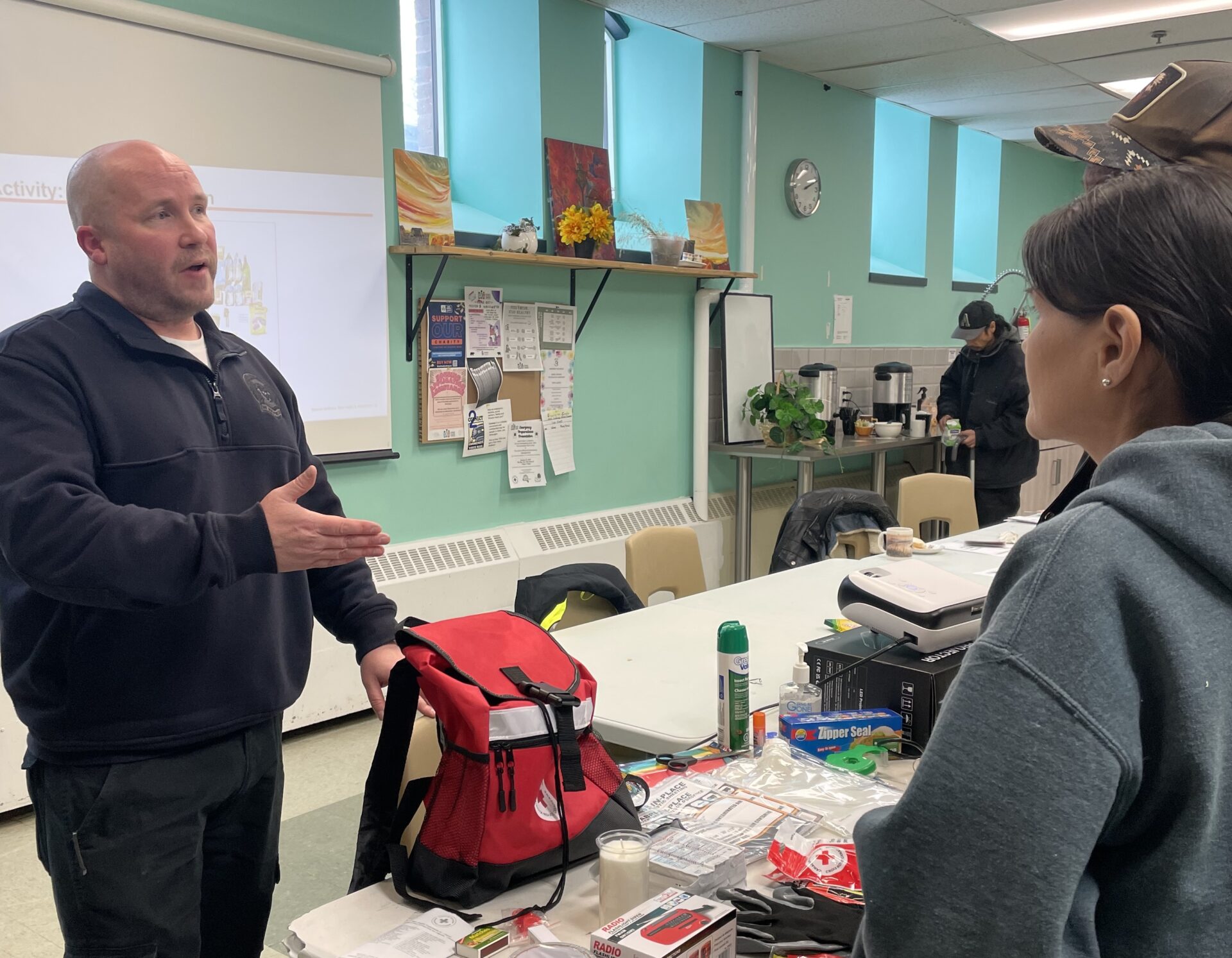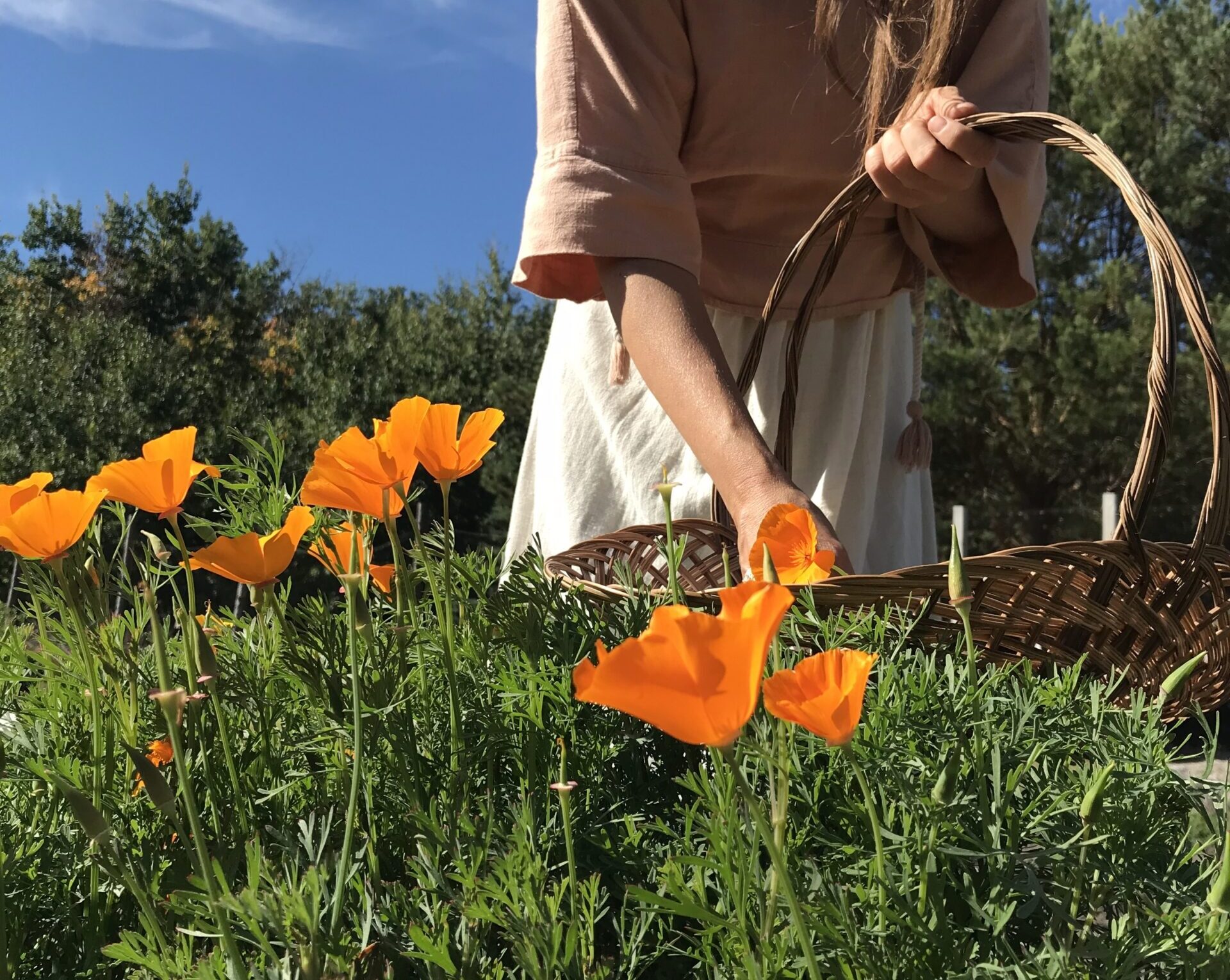journalism
values • experience • spira • portfolio
Journalism is my passion; I want to inform, and hold accountable.
This page is dedicated to my journalistic values, projects, and experience.
my take on journalism
I do journalism a bit differently than our current mainstream media does.
transparency
I publish all article sources publicly. Each article has a source post. Each citation in the article links directly to the source(s) for that citation in the source post.
If you find incorrect information, missing sources, broken citations, etc., please reach out! I monitor all communication channels listed here.
I am also planning to publish all interview transcripts (and possibly recordings) publicly in the future, in order to maintain complete transparency. Doing so would require lots of additional storage and time, so I am taking some time to find an efficient method.
income
Currently, I only have two sources of income: Patreon donations, and my Patreon shop.
I’m aiming to have the following sources of income: Patreon donations, Patreon store, sponsorships, YouTube ad revenue, and government grants.
action
News can leave you depressed, helpless, and/or hopeless.
Especially when it doesn’t provide hope, a course of action, or solutions.
When I report on world issues, I often don’t simply give information.
I inform people about what’s happening, why it matters, and what we can do about it. Here’s an example.
purpose
The purpose of my journalism isn’t to sway someone to a new opinion, generate clicks, build readership, or influence the public opinion.
• I do journalism to inform people, allowing them to make conscious decisions.
• I do journalism to hold people, governments, corporations, etc., accountable.
• I do journalism to keep people connected to the rest of the world and each other.
audience
Instead of writing for my peers, I write for the average person.
If I were to write an article about AI, people who know nothing about AI would be able to read and digest it, absorbing the takeaways just as well as an AI expert.
format and bias
When I write articles, they’re short and concise; easy to read and digest. They’re based on facts, aren’t designed to convey a hidden message, and quotes aren’t taken out of context to show just one side of a story.
Instead of writing that a company is corrupt, I simply write the facts: why and how that company is corrupt.
Headlines are also a major part of bias. My headlines aren’t twisted to maximize engagement and provoke strong emotions.
this will change
This section of this page is a rough draft of my thoughts, thrown at a wall to see what sticks. These views, methods, and plans haven’t been tested against criticism, and will evolve as I gain more experience and practical knowledge.
To discuss topics such as these, join my Discord community!
hold me accountable
I do my best, but no human is perfect. Some things will inevitably slip past my filter, or be altered by it. I depend on the life experience and unique perspectives of others like you to hold me accountable to these values.
If you notice something that you think strays from my values (or other values that are important to you), contact me!
experience
(only journalism-related)
velichor
This website! Everything you find on this site, including these articles, is made by me.
2023 – present
spira
Independent multimedia journalism.
Articles, videos, podcasts, explainers, and more coming soon.
2023 – present
the leaf / streets
The Leaf and Streets are two local community papers serving Wolseley, West Broadway, and the West End (all in Winnipeg, Manitoba). They both operate under the same staff.
I’ve been an intern reporter for both papers since October 2024.
I built this website for them, and have written these articles.
2024 – present
courses i’ve taken
I’ve been taking online courses in order to expand my knowledge on journalism, as well as journalism-related subjects, such as ethics. Here they are!
listed in chronological order
The Complete Guide to Journalism
(Paid)
by Tony Bosworth on Udemy
“All you need to know to become a freelance journalist or staffer and get paid for what you write.”
my thoughts
This course wasn’t quite what I was looking for. It talked about using photos in articles, the average pay per word for an article, and other rather specific aspects of a life as a journalistic writer.
Global Muckraking
(Audited) (DNF)
by ColumbiaX on edX
“Global Muckraking (GM1x) uses examples of investigative and crusading journalism from Asia, Africa, Latin America, and Europe to help you understand how raising public awareness can foster political and social change.”
my thoughts
Incredibly well-done. I learned a lot from this course, and enjoyed it thoroughly. However, it wasn’t about the life of an investigative journalist, as much as it was a history of investigative journalism.
Media ethics & governance
(Free)
by BerkeleyX on Coursera
“This course explores some of the basic theories, models and concepts in the field of media ethics. We will introduce influential ethical theories and perspectives, explore changing societal demands and expectations of media creation and media use, and we will elaborate on existing ethical norms for media professionals.”
my thoughts
Definitely glad I took this course. It taught me a lot about basic ethical theories, dilemmas, and processes. It also talked a little about journalism and the media, and its role in ethics, which I appreciated, and learned much from.
Investigative Journalism
(Paid)
by Bob Woodward on Masterclass
“In 24 lessons, learn how to uncover the truth from the greatest journalist of our time.”
my thoughts
Some parts of this course applied less to modern-day journalism, but it was still worthwhile. Bob Woodward is an amazing investigative journalist, and has many, many stories to tell. This one also covered many practical aspects of the job, like interviews, sources, writing, etc.
resources
I’ve stumbled upon many things that have journalistic value to me — I started saving them all here in early 2024.
If you’re a journalist with a favourite tool, book, organization, course, or resource of any kind, let me know!
Tools
the muck rack
Muck Rack is a software database for journalists and public relation offices. “Create and showcase your portfolio. Research stories. Stay informed.”
tor browser
Tor is a nonprofit, secure, anonymous, private browser.
signal
Signal is an open-source encrypted messaging service for instant messaging, voice calls, and video calls.
threema
Threema is a paid cross-platform encrypted instant messaging app. It is rated as more secure than Signal here.
secure messaging apps comparison
A website that compares the security and privacy of messaging apps.
proton.me
Secure email, calendar, VPN, password management, and cloud storage. Free for journalists.
1password
Secure password manager. Free for journalists.
grabify
Generate links that provide IP address and other information of anyone who clicks on them.
answer the public
Find out what people are asking about online.
flourish.studio
No-code data visualizer.
flourish.studio
No-code data visualizer.
versionista
Monitor changes to websites.
pr newswire for journalists
Filterable news and media releases for journalists.
propublica nonprofit explorer
Search millions of nonprofit tax filings to the IRS.
davinci resolve
Free industry-leading video editing, colouring, and sound design software.
google earth studio
Create accurate geospatial video and photo.
google lens
Find the source of an image, and every site it’s been used in.
google dataset search
Locate datasets from thousands of online repositories through keyword searches.
zoom
Industry standard video calls with built-in recording features and no account required for guests.
Resources
journalism code of ethics
The Society of Professional Journalists’ code of ethics.
core principles of journalism
The Pew Research Center’s core principles of journalism.
guide to canadian press style
A free and interactive guide to writing in CP Style by Centennial College.
tips on writing in associated press style
Tips on writing in the AP style; a resource of a course I took by BerkeleyX on edX.org.
journalism petitions
Reporters Without Borders’ petitions to protect, free, and support journalists, media workers, and information.
Organizations
society of professional journalists
The Society of Professional Journalists encourages the free practice of journalism and stimulates high standards of ethical behaviour.
reporters without borders
Reporters Without Borders is an international non-profit and non-governmental organization focusing on safeguarding the right to freedom of information.
independent media association
Dedicated to promoting the work of independent media in the UK, supporting media organizations that are run in the public interest, financially independent, and factually accurate.
impress
The Independent Monitor for the Press (Impress) is an independent press regulator in the UK, making sure news providers can publish with integrity, and the public can engage with the news in confidence.
news revenue hub
A nonprofit organization offering free monetization software to journalist and media outlets.
Learning
global muckraking (edx)
Global Muckraking (GM1x) uses examples of investigative and crusading journalism from Asia, Africa, Latin America, and Europe to help you understand how raising public awareness can foster political and social change. You will discover the vital role that journalism has played in fighting injustice and wrongdoing over the last 100 years. This fast-paced course is an introduction to global muckraking—past and present. It includes insightful interviews with historians and investigative journalists to help us explore the current trends that are reshaping investigative reporting for the digital age.
media ethics & governance (coursera)
This course explores some of the basic theories, models and concepts in the field of media ethics. We will introduce influential ethical theories and perspectives, explore changing societal demands and expectations of media creation and media use, and we will elaborate on existing ethical norms for media professionals. After following this course, you will be able to reflect on ethical dilemmas and develop a well-substantiated argumentation for ethical decision making in a variety of media-related contexts.
english for journalism (coursera)
This course is designed for non-native English speakers who are interested in developing the skills needed for a career in modern journalism. In this course, you will explore print and digital media through authentic readings and video lectures, while expanding your vocabulary and increasing your ability to read, research, and develop local and global news stories. Unit 1 will provide an introduction to the history and principles of journalism. In unit 2, you will learn how to research, pitch, and interview. The next unit in the course will focus on the language needed to write newspaper and magazine articles, while unit 4 will cover the basics of broadcasting the news. In the final unit of the course, you will analyze the growth, impact, and challenges of digital news, while completing a reflection assignment that allows you to think about and discuss the recent changes to the field of journalism.
journalism portfolio
writing
Articles about anything from the fast fashion industry to a local safety presentation.






